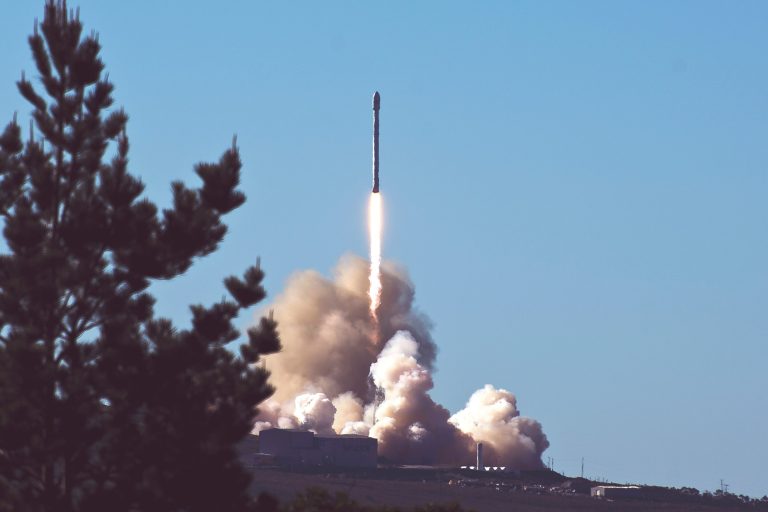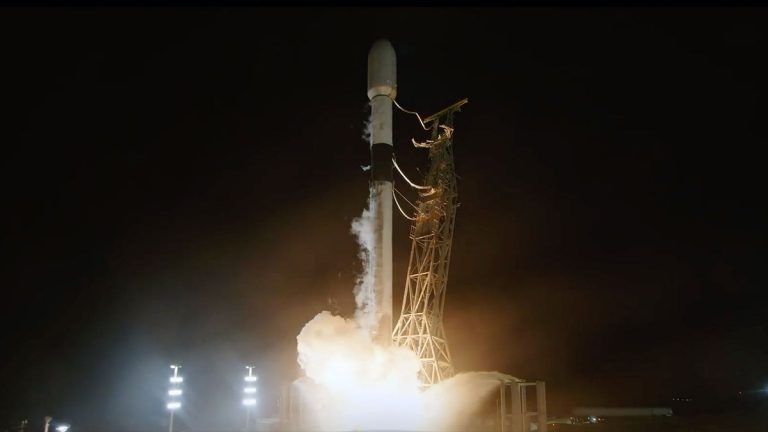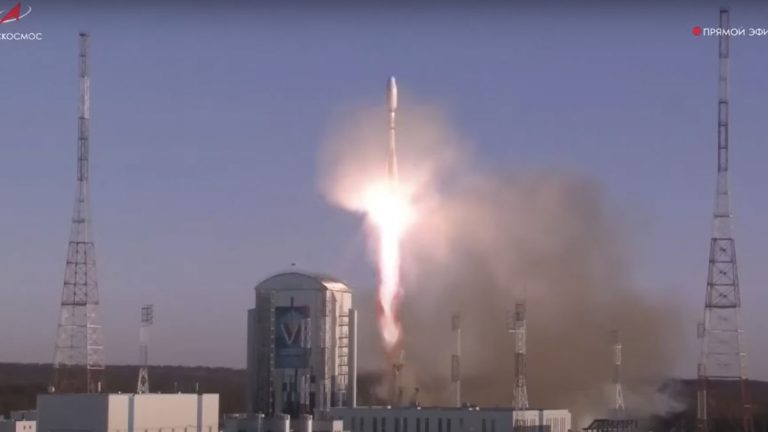
Boeing’s 1st Starliner astronaut mission extended through June 18 (Image Credit: Space.com)
The first astronaut mission of Boeing’s Starliner capsule will last a bit longer than we’d thought.
Starliner launched on June 5, carrying NASA astronauts Butch Wilmore and Suni Williams to the International Space Station (ISS) on a shakeout cruise called Crew Flight Test (CFT).
Wilmore and Williams arrived at the orbiting lab on June 6 for a roughly week-long stay — or so we thought. The duo, and Starliner, will actually get to spend a few more days off Earth, NASA announced over the weekend.
“@NASA and @BoeingSpace teams set a return date of no earlier than Tuesday, June 18, for the agency’s Boeing Crew Flight Test. The additional time in orbit will allow the crew to perform a spacewalk on Thursday, June 13, while engineers complete #Starliner systems checkouts,” NASA ISS officials said on Sunday (June 9) via X.
Related: Boeing Starliner 1st astronaut flight: Live updates
CFT is the third spaceflight for Starliner, following uncrewed test flights toward the ISS in December 2019 and May 2022.
Starliner suffered several glitches on that debut voyage and failed to meet up with the orbiting lab as planned. The capsule succeeded on its second try, setting the stage for CFT.
The landmark crewed mission faced several hurdles on the road to the launch pad, however. For example, engineers discovered issues with Starliner’s parachute system and its wiring, much of which turned out to be wrapped in flammable tape. Troubleshooting these problems, and testing the fixes, pushed CFT’s launch date to the right.
Starliner has also encountered issues during CFT, including small helium leaks and a few misbehaving thrusters. But these problems are minor, mission team members say, and they have been dealt with successfully so far.
If all goes well on CFT, Starliner will be certified to fly six-month astronaut missions to and from the ISS for NASA. SpaceX already does this with its Dragon capsule; Elon Musk’s company is in the middle of its eighth long-duration crewed flight to the ISS, known as Crew-8.
Both companies won contracts to provide this ferry service from NASA’s Commercial Crew Program back in 2014. Boeing got $4.2 billion, and SpaceX was awarded $2.6 billion.








